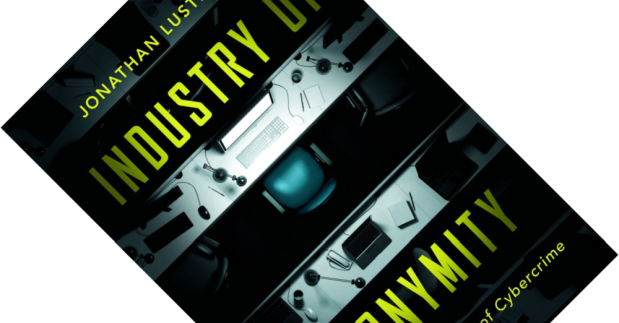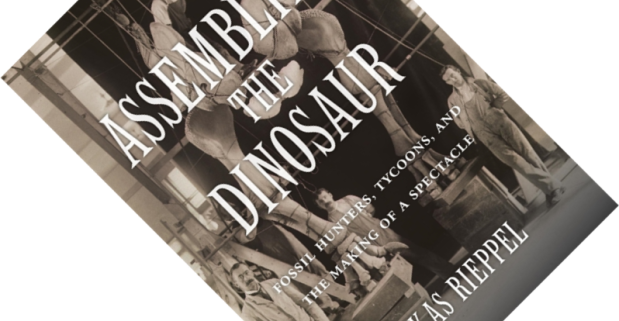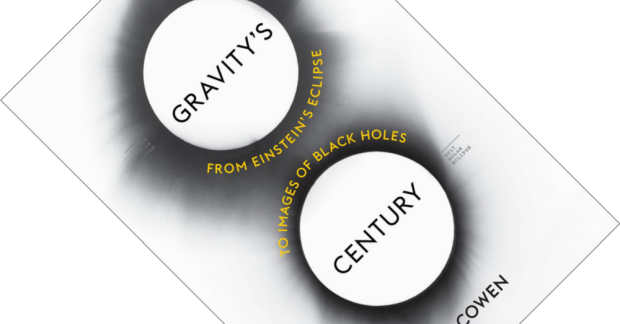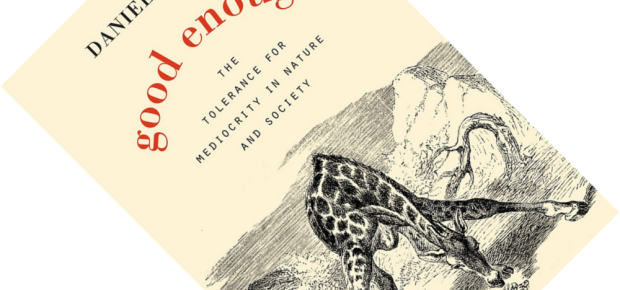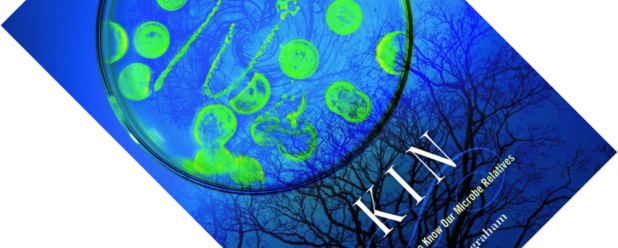6-minute read
I have written on this blog before that the Internet is not everything it is cracked up to be. Here I will add another string to that bow: crime. Spam, scams, malware, keyloggers, viruses, hacking, identity theft, distributed denial-of-service (DDoS) attacks, stolen credit card details… the list goes on. Just as its offline counterpart, cybercrime encompasses a diverse array of misdeeds. But where its victims, both personal and corporate, regularly make headlines, the perpetrators remain a mysterious bunch. Based on a huge number of interviews, sociologist Jonathan Lusthaus here provides a peek behind that veil of anonymity. Next to showing that cybercrime has become an industry like any other, he also explores the paradox at its heart: how did this growth happen in an environment of mistrust and anonymity?

